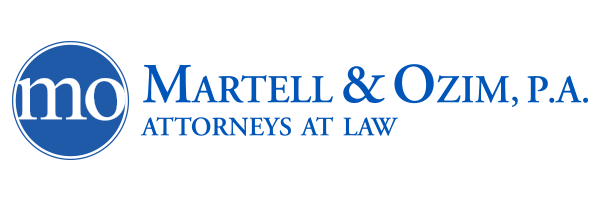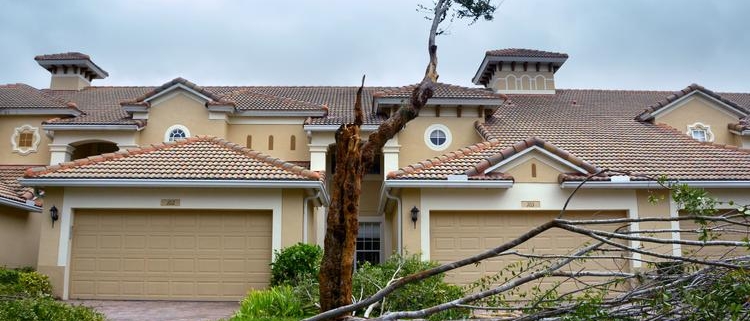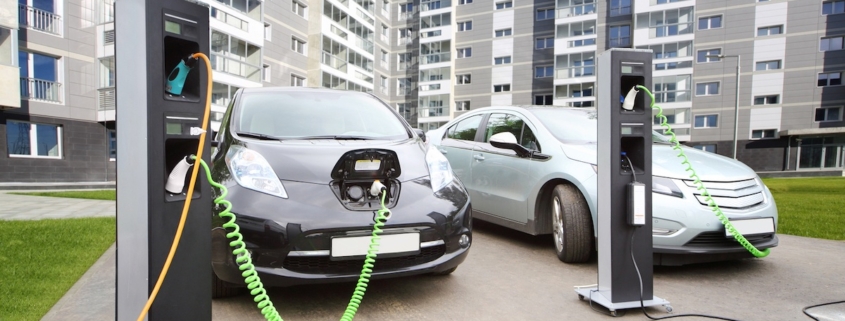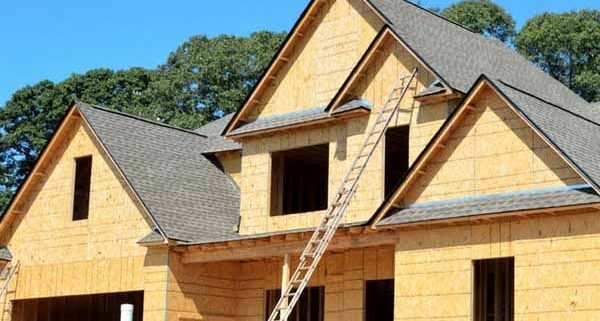COVID-19
First and foremost, I hope that this post finds you, your family and loved ones doing well. The purpose of this post is to discuss COVID-19, the public health emergency also known as the coronavirus, that is significantly impacting our everyday lives. Below, please find some frequently asked questions and answers that are likely pertinent to your community association.
- What is COVID-19? COVID-19 is an infectious disease that causes respiratory illness, such as cough, fever, and difficulty breathing. It spreads primarily through contact with an infected person when they cough or sneeze. It also spreads when a person touches a surface or object that has the virus on it, and then touches their eyes, nose or mouth.
- Is COVID-19 a pandemic? Yes, on March 11, 2020 the World Health Organization declared COVID-19 a pandemic.
- Is Florida under a State of Emergency? Yes, on March 9, 2020 Governor DeSantis issued Executive Order 20-52, declaring a State of Emergency for COVID-19.
- What are a few valuable resources for COVID-19 information? The following websites have very valuable information on the coronavirus:
- World Health Organization – who.int/emergencies/diseases/novel-coronavirus-2019
- Centers for Disease Control and Prevention – cdc.gov
- Florida Department of Health – floridahealth.gov; 24 hours a day, 7 days a week hotline at (866) 779-6121.
- Should our community association practice social distancing? The CDC recommendations social distancing and avoiding groups of 10 or more people. This guideline has recently been extended to April 30, 2020 and is certainly subject to further extension. Please see below regarding how to handle members’ meetings, Board Meetings and Architectural Meetings.
- Can my community association close common area/common element amenities? Yes, to promote the health, safety and welfare of the community, your association can close its pool, gym, movie room, etc. Moreover, in my opinion, your association can cancel previously scheduled social events. Many insurance companies have issued an opinion that the Association could be liable for breach of its fiduciary obligations if it has knowledge that its facilities are being used as places of social gatherings and it takes no action to deter gatherings per the recommendations of the CDC and local Stay at Home Orders.
- Can my community association proceed with the collection of assessments? Yes, assessments are the backbone of your community, as you certainly need money to operate your association. You can proceed with the collection of assessments and evaluate each account on a case-by-case basis. For example, you may decide to waive interest or late fees, or offer a delinquent owner a payment plan. You should not assume that all Owners are unable to pay, and you do not want to inadvertently create a waiver issue for collections. Instead, continue to send notices if non-payment occurs and handle settlement requests on a case-by-case basis.
- Can my community association proceed with covenant enforcement? Yes, you may proceed with covenant enforcement for properties that are in violation of the association’s covenants and restrictions. Again, you should evaluate each account on a case-by-case basis and exercise reasonableness while working with owners to bring their property into compliance.
- Can my community association cancel board and/or member meetings? In order to comply with CDC guidelines on social distancing, you may cancel/postpone meetings. It is recommended that all members meetings be postponed during Florida’s State of Emergency in order to comply with CDC guidelines. Even if you were in the midst of an election, you may postpone your election, have the existing Board continue to serve, and resend notices after Florida’s State of Emergency is lifted.
- If my Board wishes to proceed with Board Meetings and/or Architectural Meetings, can we do so telephonically? Yes, you may conduct Board Meeting and Architectural Review Board (ARB) Meetings telephonically as long as members can call or log-in via the same method as the Board and can clearly hear the discussion taking place. Moreover, members should be able to ask questions when appropriate. Under Florida’s current State of Emergency, emergency meetings of the Board do not have to be noticed. However, non-emergency Board Meetings and ARB Meetings should be posted, and members should have the ability to join and listen to the call.
Obviously, this is an unprecedented and scary time. One of the Board’s many important tasks is to protect the health, safety and welfare of the community. The COVID-19 pandemic is a fluid situation, with information and guidelines changing almost daily. We are here to help you and your community through this difficult time. Please do not hesitate to contact our office with further questions. Stay safe!










